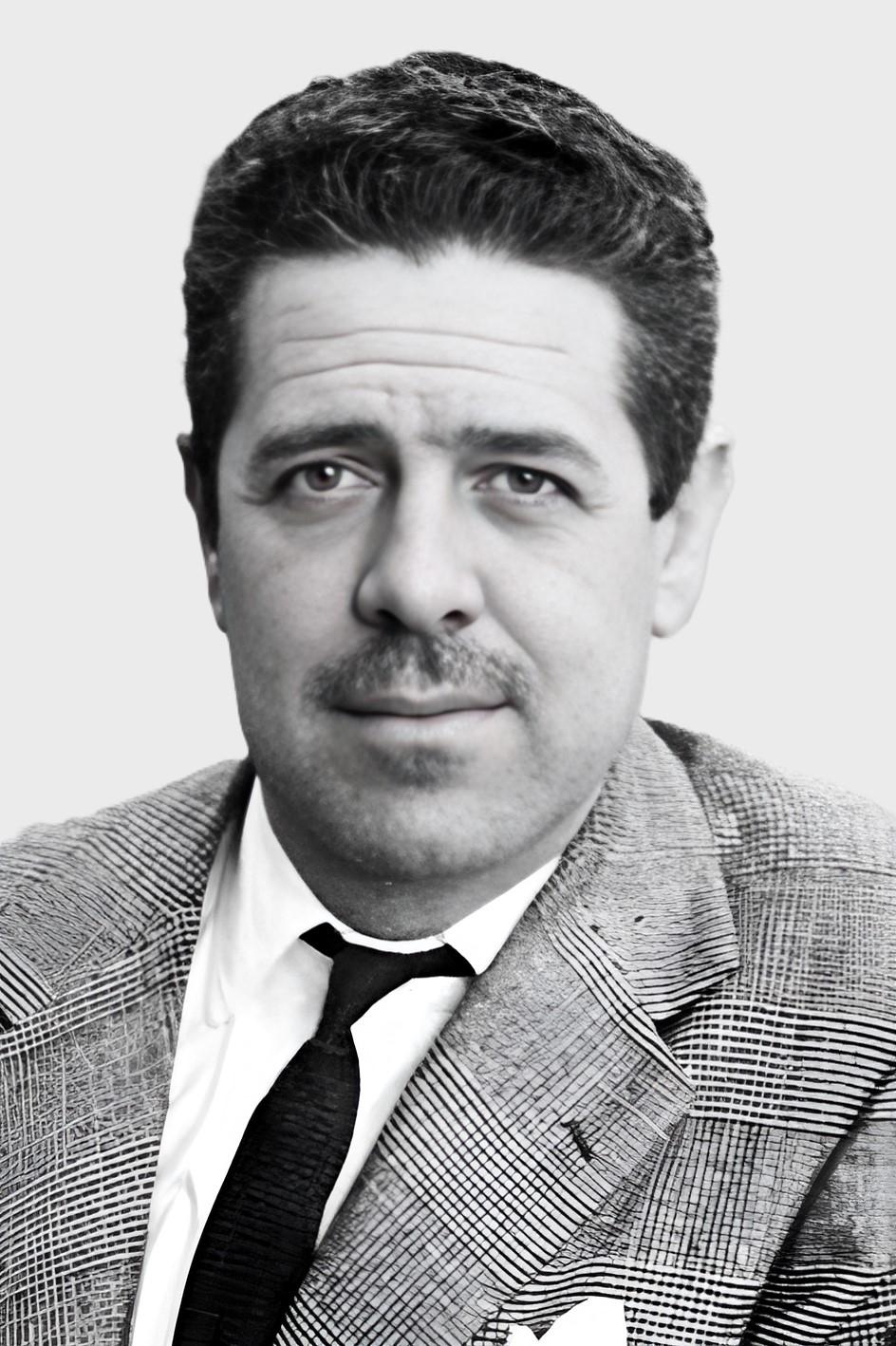
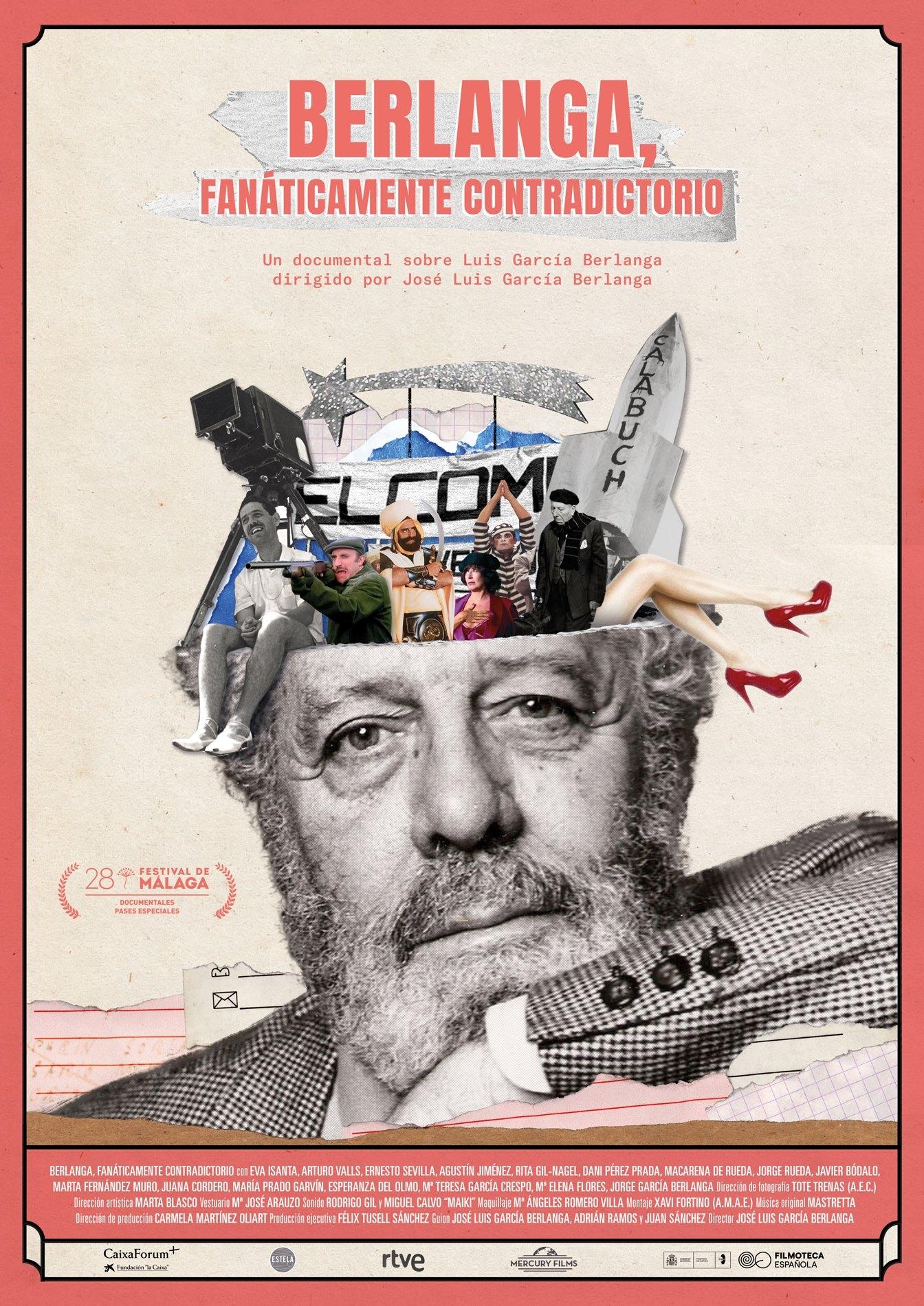
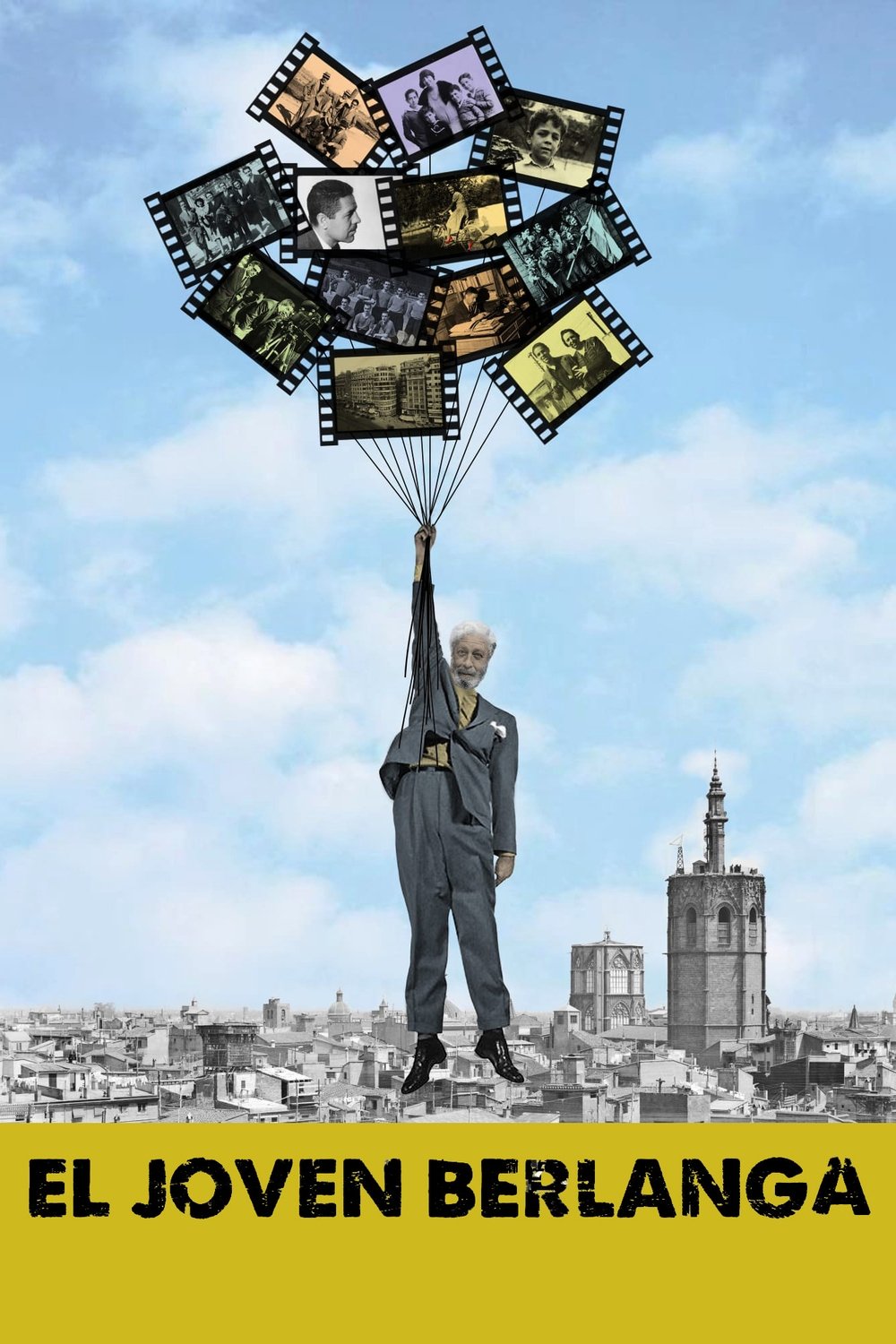
The early days of the future genius of Spanish cinema Luis García Berlanga, from his birth in Valencia in 1921 to his departure to Madrid in 1947 to become a filmmaker.
Documentary about Spanish director Luis García Berlanga's "The Executioner" (1963)
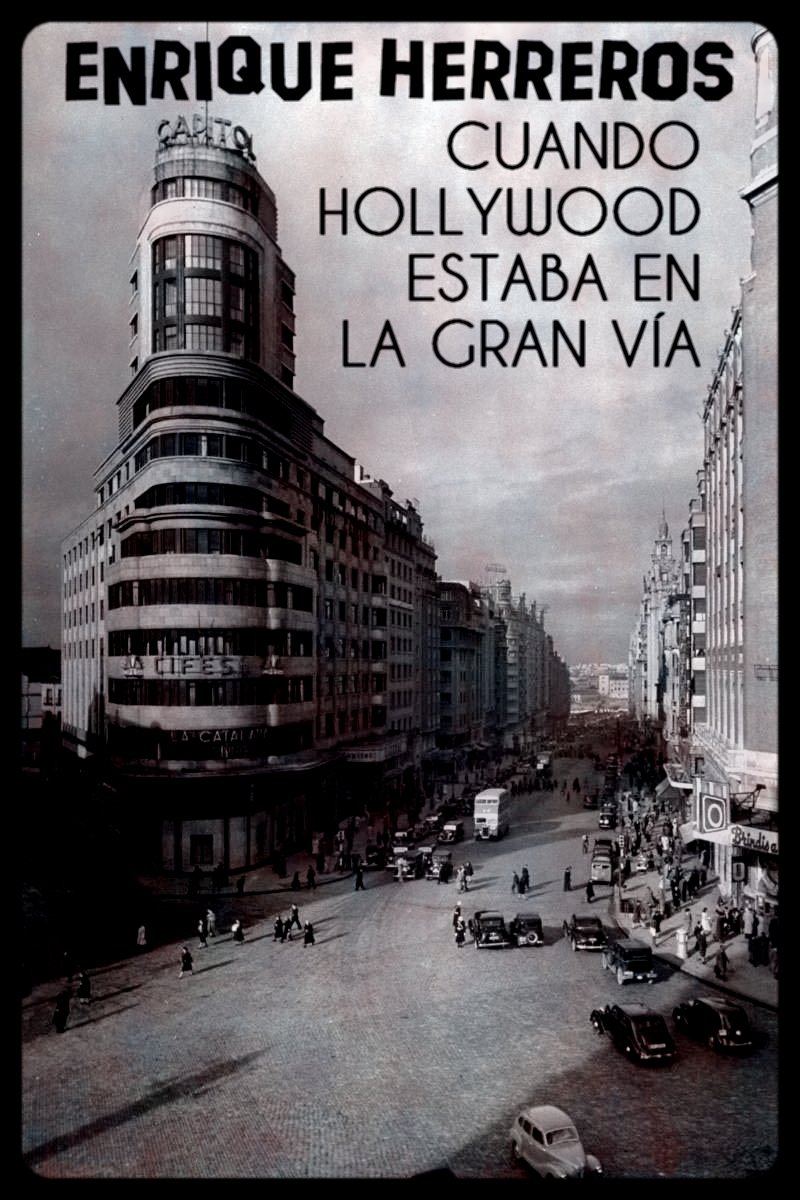
The story of Enrique Herreros (1903-1977), cartoonist, advertiser, poster designer, talent manager, actor, producer and filmmaker, and the most daring of mountaineers; the man who, along with his companions from the so-called “other Generation of '27,” brought Hollywood to Madrid's Gran Vía, turning a grey and sinister post-war city into the capital of an incipient and ambitious cultural industry.
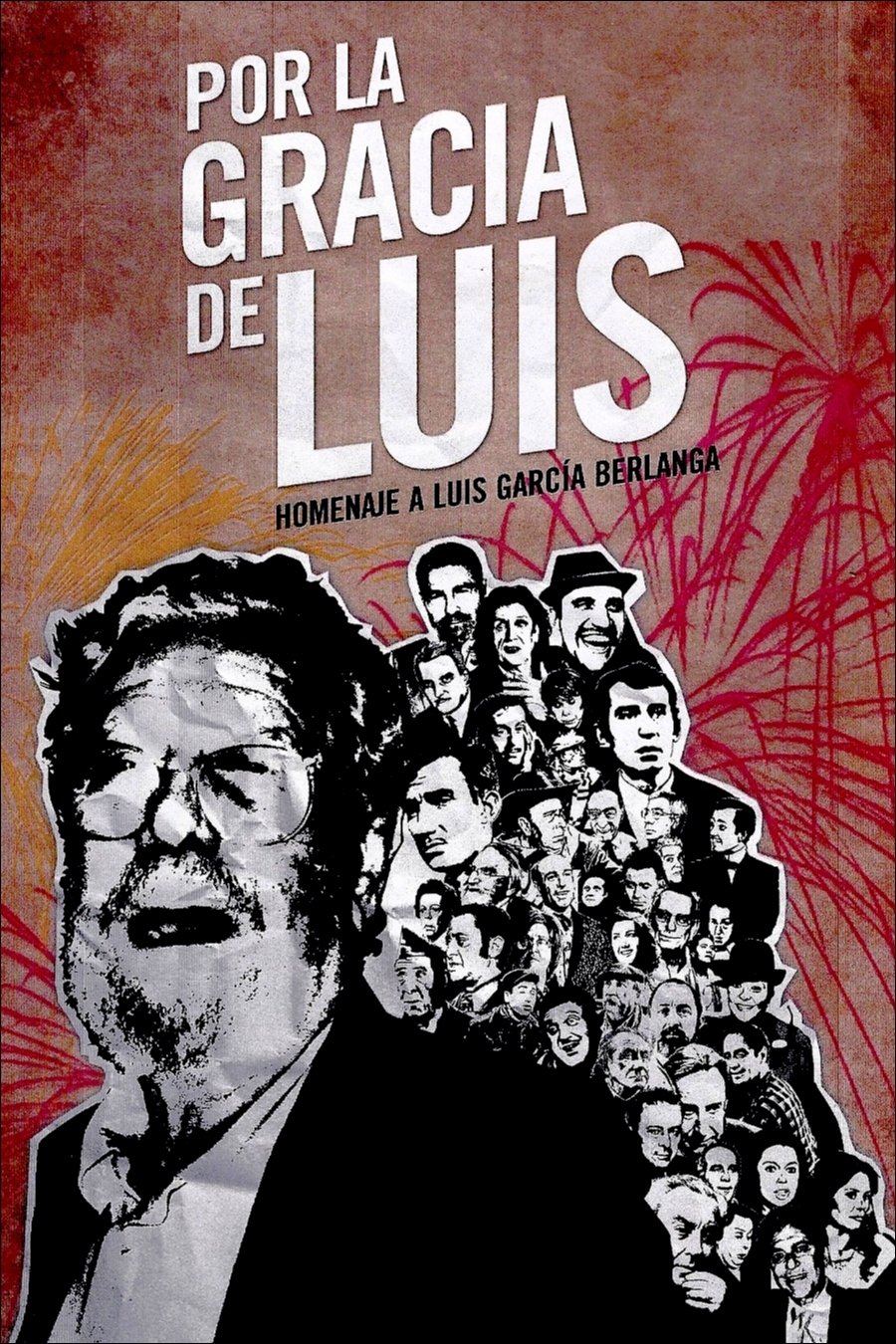
A walk through the work of Luis García Berlanga (1921-2010) that is neither a documentary nor a narrative movie, but a tribute to one of the greatest directors of Spanish cinema. Anything can happen: the performers are not themselves, but their characters; there are no interviews, but greetings; a series of entrances and exits. A joyful reunion, a celebration of life.
A documentary on the revolutionary life and career of director Juan Antonio Bardem, including interviews with many of his colleagues, including Luis Garcia Berlanga.
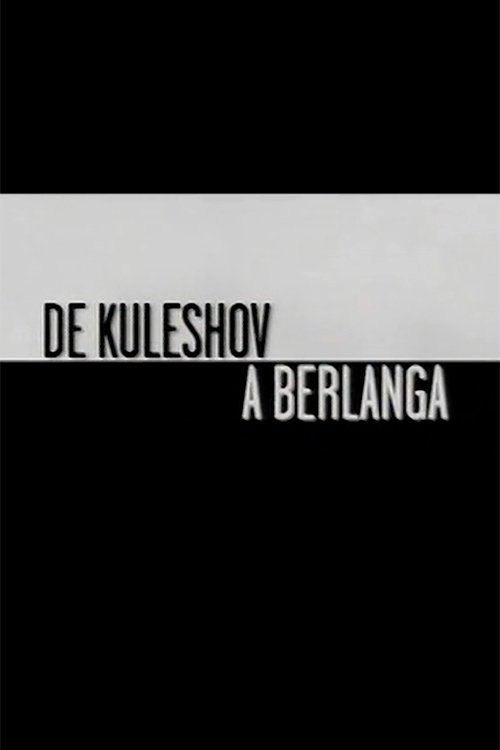
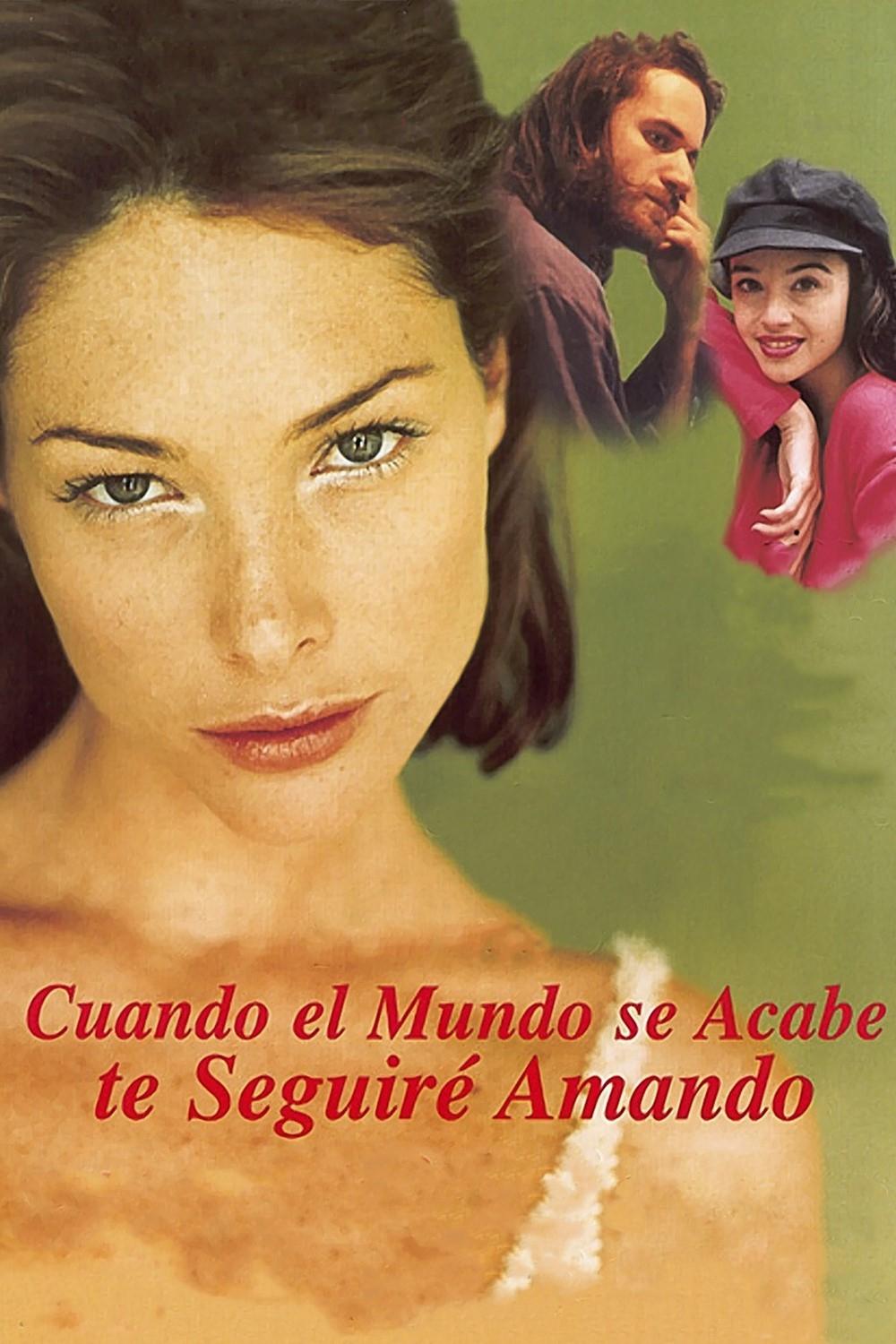
Natalia, a successful painter, and Hugo, a writer in a creative rut, are going through a rough patch in their relationship. After Hugo moves out in an attempt to finish his novel, Natalia is determined to do whatever it takes to reunite with him.
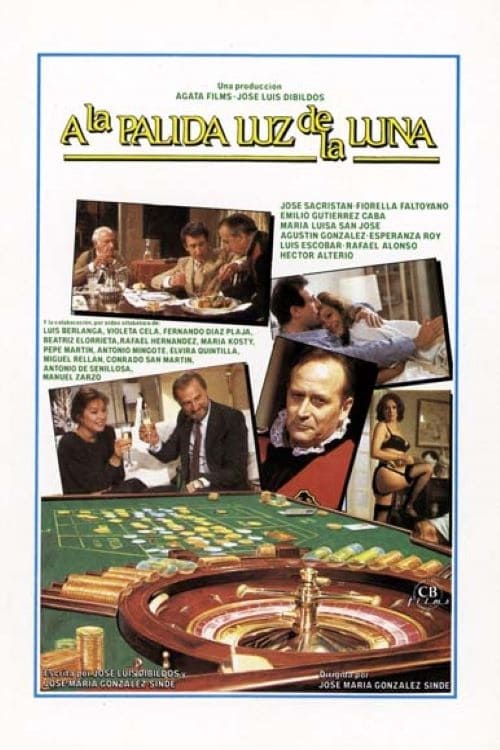
Carmen leaves her husband Julio to go live with an intellectual who has made a career in the United States. While, Julio goes away to live of rent to house of an aristocrat come to less. After meeting several colorful characters, Julio decides to recover Carmen.
One of the best known filmmakers in the world and director of some of the most famous films of Spanish cinema, tender in his vision of the characters, but satirical to the point of biting in his social analysis, clearly critical despite the censorship of the Franco regime. He was born in 1921 into a wealthy Valencian family. After the Second World War, he studied at the Escuela Oficial de Cine (IIEC/EOC), where he would later become a professor. There he met Juan Antonio Bardem, and together they made their first film. His narrative ability, together with the sharpness of his satire, bordering on nonsense, made him a popular filmmaker, but also valued by critics. Nevertheless, within his comic line he oscillates between tenderness and the grotesqueness of his choral comedies. Between both extremes are his first films, written in collaboration with Rafael Azcona, in which he develops a black humor, characteristic of both, corrosive denunciations of social hypocrisy and the death penalty. In recent years he was president of the Filmoteca Nacional de España and director of a collection of erotic novels and short stories.
By browsing this website, you accept our cookies policy.